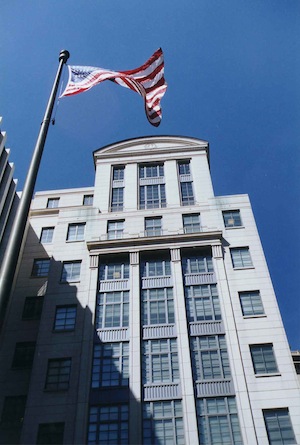A license to practice law in 2 years? Law schools mull options

brooklyn Law school.jpg
Legal educators, judges and practitioners are seriously considering a proposal to allow students to sit for the New York State Bar exam after two years of law school.
The measure was publicly introduced by New York University School of Law (NYU), and New York State Chief Judge Jonathan Lippman has displayed interest.
“Two years might well be enough law school,” said St. John’s University School of Law Professor John Barrett. There are many approaches to the idea of a two-year option for law students.